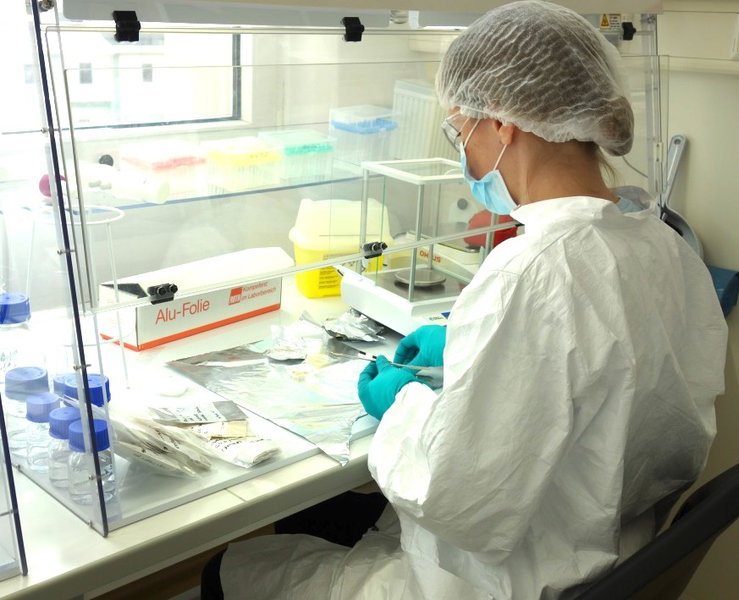The new field of palaeoproteomics, harnessing cutting-edge techniques to analyze ancient proteins, is growing quickly. Researchers set out standards and precautions that aim to provide it with a firm foundation.
A team of researchers from institutions at the leading edge of the new field of palaeoproteomics have published guidelines to provide it with a firm foundation. Ancient proteins are used to study everything from extinct species to ancient human diets to the evolution of diseases, and more. The guide, published in Nature Ecology & Evolution, aims to support good practices in the field and to ensure the generation of robust, reproducible results. Researcher Frido Welker of the Max Planck Institute for Evolutionary Anthropology in Leipzig is a co-lead author of the study.
